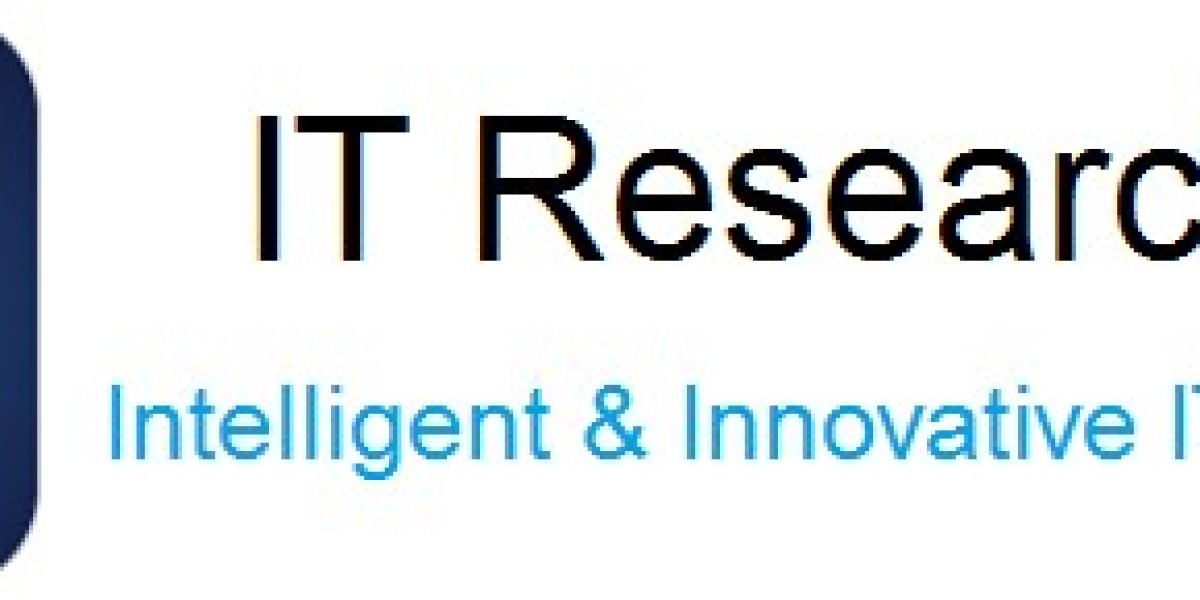Artificial Intelligence (AI) has moved from being a futuristic idea to a powerful tool actively reshaping industries and solving real-world problems. AI solutions—combinations of software, algorithms, and data—are now at the heart of innovation, helping businesses automate processes, enhance customer experiences, and make smarter decisions. From healthcare to finance, and retail to logistics, Artificial Intelligence Solutions are creating measurable value across all sectors.
What Are Artificial Intelligence Solutions?
Artificial Intelligence solutions refer to practical applications of AI technologies that solve specific business or operational challenges. These solutions often combine machine learning (ML), natural language processing (NLP), computer vision, and robotic process automation (RPA) to perform tasks that traditionally required human intelligence. By mimicking human abilities such as learning, analyzing, reasoning, and problem-solving, AI solutions improve efficiency, speed, and accuracy.
Key Areas Where AI Solutions Are Making an Impact
- Customer Service Automation
One of the most widely adopted AI solutions is the use of chatbots and virtual assistants. These tools use natural language processing to understand customer queries and provide immediate responses, reducing wait times and operational costs. AI-driven support systems are available 24/7, providing consistent service and learning from each interaction to improve over time. - Predictive Analytics in Business
AI solutions help businesses analyze large datasets to identify trends, predict outcomes, and inform strategy. For example, retailers use predictive models to forecast customer behavior, personalize marketing efforts, and optimize inventory. In manufacturing, AI predicts equipment failures, reducing downtime and maintenance costs. - AI in Healthcare
Healthcare providers use AI solutions for diagnosing diseases, analyzing medical images, and creating personalized treatment plans. Machine learning algorithms detect anomalies in scans more quickly than human radiologists in some cases. AI also powers wearable health monitors and virtual health assistants, improving patient outcomes and reducing the burden on healthcare professionals. - Fraud Detection and Risk Management
Financial institutions use AI to detect suspicious transactions, prevent fraud, and manage risks. These systems can analyze thousands of data points in real time, identifying patterns that indicate fraudulent behavior. AI is also used for credit scoring, loan approvals, and compliance monitoring. - Smart Supply Chains and Logistics
AI solutions optimize supply chain operations by predicting demand, managing inventory, and planning efficient delivery routes. Real-time tracking systems powered by AI provide greater visibility, helping companies avoid delays and reduce shipping costs. AI also helps warehouses use robotics and automation for picking, packing, and sorting.
Benefits of AI Solutions
- Increased Efficiency: AI automates repetitive tasks, allowing employees to focus on higher-level work.
- Data-Driven Decisions: AI solutions process large volumes of data, turning it into actionable insights.
- Cost Reduction: Automation and predictive analytics lead to significant savings in time and resources.
- Enhanced Accuracy: AI reduces human errors and improves outcomes in critical fields like healthcare and finance.
- Personalization: AI tailors experiences to individual users, improving satisfaction and engagement.
Challenges in Implementing AI Solutions
Despite their benefits, AI solutions come with challenges:
- Data Quality: Poor or biased data can lead to inaccurate results.
- Integration Issues: Integrating AI with legacy systems can be complex and costly.
- Skill Gaps: Organizations often lack trained professionals to implement and manage AI solutions.
- Ethical Concerns: Issues such as algorithmic bias, data privacy, and transparency must be carefully managed.
The Future of AI Solutions
AI solutions will continue to evolve with advancements in quantum computing, neural networks, and cloud-based AI platforms. Industries will increasingly adopt AI not just for automation but also for innovation. From AI-powered research in climate science to intelligent tutoring systems in education, the possibilities are expanding rapidly.
Governments and businesses must collaborate to ensure responsible AI development—balancing innovation with ethics and inclusivity. Investments in training, regulation, and infrastructure are essential for sustainable growth.
Conclusion
Artificial Intelligence solutions are transforming the way we live and work. By solving complex problems with speed and precision, AI is helping industries become more responsive, intelligent, and efficient. As adoption grows, the focus must remain on using AI ethically and strategically to build a smarter and more equitable future.






